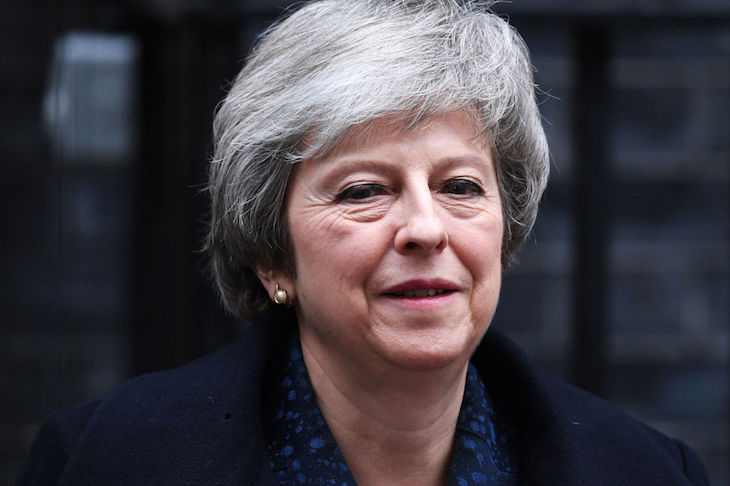Theresa May’s Brexit deal will finally be voted on this week. However, the signs so far are not good. Despite the government decision to delay the vote until after Christmas in the hope MPs would calm down, few in the Commons believe it has any hope of passing when it’s put to a vote on Tuesday night. Instead, the focus has moved to what will happen once it is defeated.
The Sunday papers are filled with talk of such Brexit plots. Dominic Grieve stands accused of working with the Speaker to change the Commons rules so that backbenchers decide the Commons business and thereby can map out Brexit (see Nikki Da Costa’s explanation here) while there’s talk of bringing in procedures to punish ministers if they try and pursue no deal. On a visit to Stoke-on-Trent on Monday, May will say that she now believes that MPs blocking Brexit is a more likely outcome than leaving with no deal. It’s clear that not even those in No.10 are certain what will happen when the deal is voted down. This is why for now their focus is on one thing: cutting down the size of the rebellion.
If May loses the vote by over 200 votes, even the most loyal cabinet ministers will struggle to say the deal isn’t dead (unhelpfully this is the outcome regarded as most likely by the bookies – with Ladbrokes offering 5/4). For context, the largest Tory rebellion of recent times was under John Major when 95 Conservative MPs rebelled on post-Dunblane gun control. If the Prime Minister can get the rebellion below 100 there are some who argue it can survive until another vote… or five. It’s not just May’s allies who make this point – her critics do too. Lead Brexiteers have been pressing a similar argument on wavering MPs. They argue that as many people as possible must vote against. If it’s a heavy defeat, May’s deal will be dead – anything less and it could cling on.
So, what should we expect? While figures in No 10 believe they will suffer a smaller defeat than if they had held the vote as expected in December, the expectation is still that it will be in triple figures. Only a handful of Tory MPs have so far publicly moved from voting against the withdrawal agreement to voting for it. But the scale of the defeat depends on the wider Brexit context so how much support there is for the other options. There are plans afoot to try and force the government – or usurp the government – into indicative votes on EEA, second referendum and so forth after the deal is voted down. If these non-binding votes do occur in the aftermath of the vote, No 10 will need to be able to show that there is more Commons support for the government’s plan than any other form of soft Brexit. This is why even though defeat seems all but certain come Tuesday, every vote still counts.







Comments